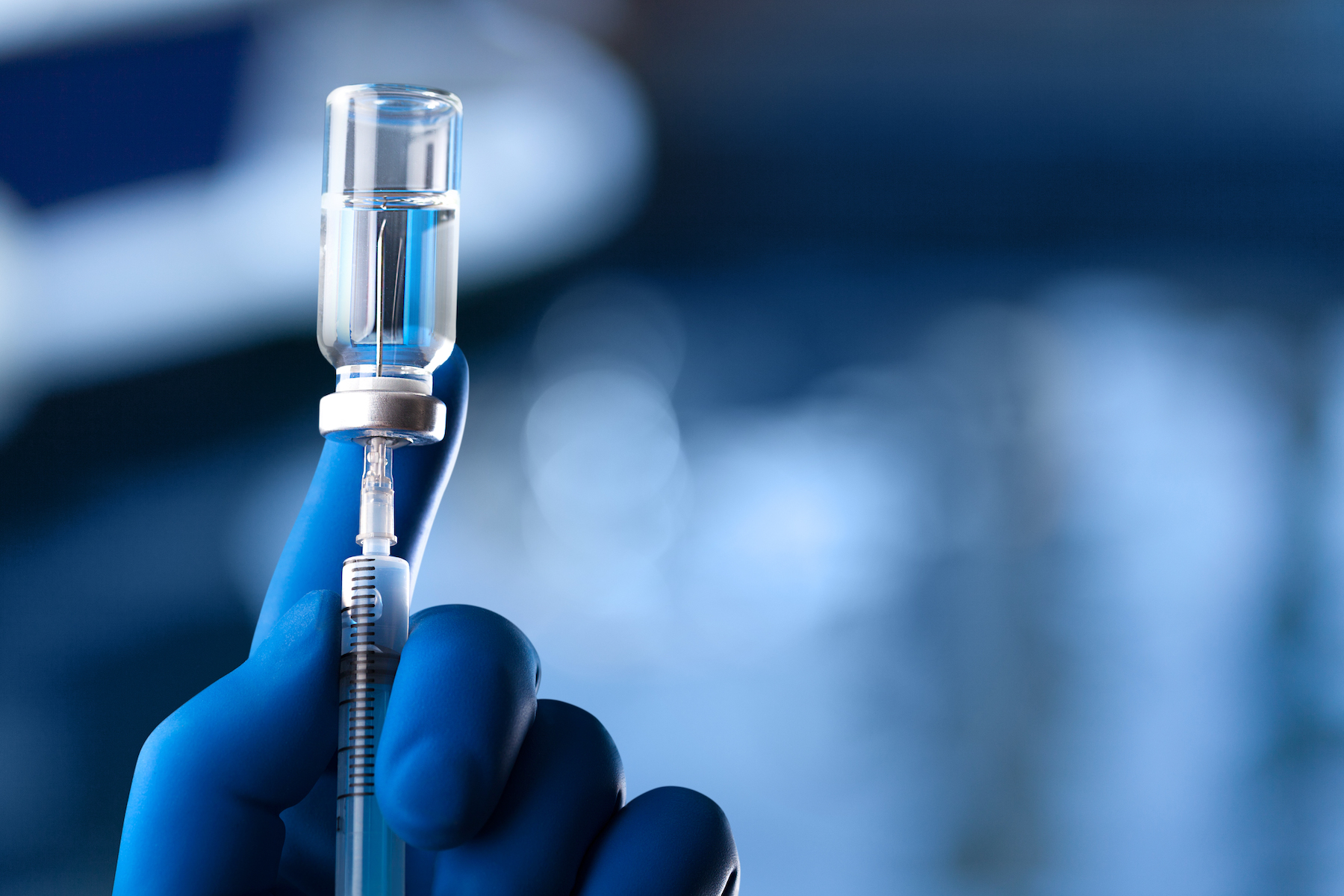Monoclonal antibodies are being used more and more as COVID-19 hospitalizations are going up in North Texas. Though the treatment is not a replacement for the vaccine, it is being used to treat high-risk COVID-19 patients and prevent disease for those who have been exposed. The therapy has also proven to be effective against the delta variant, which is currently filling up hospitals and ICUs in North Texas and around the country.
Both Governor Greg Abbott and former President Donald Trump received Regeneron’s monoclonal antibody treatments when they caught COVID-19. Clinical trials showed that the treatment reduced hospitalization by 70 percent in high-risk patients. When given to someone who has been exposed, such as living with an infected person, monoclonal antibodies mitigate the risk of developing an infection by 80 percent. They function like the antibodies one produces from infection, only they are made in a lab. They bond with the proteins of the virus and block it from entering the body’s cells.

The treatment was given emergency use authorization by the FDA months into the pandemic, and has flipped the healthcare system’s ability to fight the virus, says Dr. Nikhil Bhayani, an infectious disease physician with Texas Health Resources. “It was literally a game-changer,” he says. “At the beginning of the pandemic, there were a lot of people who had mild symptoms, and they would come to the emergency room and flood the hospitals.”
The treatment is used on those with moderate symptoms, who don’t need to be hospitalized or receive oxygen, and most patients resolve quickly in 48 to 72 hours. A few weeks ago, the treatment was also given emergency use approval as a preventative measure for those who have been exposed. The treatment can be used without any symptoms for high-risk patients who have had exposure to COVID-19. The treatment is not usually used for younger and healthier patients and is still reserved for high-risk individuals.
The state of Texas is allowing providers to contact the state department of health and human services to request monoclonal antibody treatments for their patients at no cost to the clinic. Patients go through a screening process to make sure they are high risk and have the virus. People over the age of 65, others who are immunocompromised, pregnant, obese, have chronic kidney disease, diabetes, heart disease, hypertension, neuro-developmental disorders, those with medical-related technological dependence, or those who identify are high-risk ethnicity groups such as Hispanic or African Americans are all eligible.
The treatment can be given intravenously or through the skin, and lasts an hour. The injections are administered in four different sites if delivered through the skin, and patients have to be watched for a couple of hours to ensure there are no adverse reactions. Bhayani emphasized that the treatment works best if administered soon after exposure or symptoms. The body doesn’t start making its own antibodies for ten days, so receiving monoclonal antibodies soon after symptoms or exposure will be most effective. “Let’s jumpstart your immune system here a little bit,” he says. “That way, we can get to these neutralizing antibodies to prevent the virus from doing further damage.”
More studies will need to be done to determine if this same process can be used against other viruses. The method could, in theory, apply to future coronaviruses or further mutations. “It definitely gives a sense of hope that we can use monoclonal antibodies to treat viral infections,” Bhayani says.
McKinney-based CourMed is speeding up the delivery of monoclonal antibodies. The company delivers prescriptions in the home, and is also facilitating at-home infusions of the treatment. For patients who qualify and have a prescription, they are able to get an infusion in the home for $600. CourMed has partnered with Oak Street Health to deliver monoclonal antibodies directly to customers’ homes. “This is truly an opportunity for us to save lives and save hospital beds,” says CourMed CEO Derrick L. Miles.
Most importantly, Bhayani says these treatments should not be relied on in place of the vaccine, which is the most effective way to prevent hospitalization and severe illness. In Texas, .2 percent of all hospitalizations are vaccinated patients, and .4 percent of deaths are vaccinated. “the vaccine is highly preventative,” Bhayani says. “This is not a substitute for the vaccine.”





